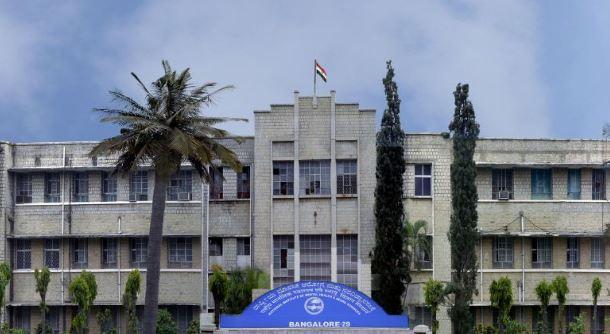Uniform Civil Code (UCC): The Law Commission to seek Views from Public and other Stakeholders

On 14th June 2023, the 22nd Law Commission of India, chaired by former Karnataka High Court Chief Justice Ritu Raj Awasthi, invited religious organizations and the public to express their opinions on the issue of a Uniform Civil Code (UCC). This initiative comes eight months after the government informed the Supreme Court that the Constitution mandates the implementation of a UCC for its citizens.
What is UCC?
It is a set of common laws that governs personal matters such as marriage, divorce, adoption, inheritance, and succession for all citizens, irrespective of religion. In other words, the concept of a UCC involves implementing a single law for personal matters across all religious communities in India.
Presently, different religions follow their own specific laws. The state of Goa is an exception, where all religions adhere to a common civil code (Goa Civil Code).
What does the Constitution say regarding the UCC?
Article 44 of the Indian Constitution states that the state should strive to secure a UCC throughout the country. However, enforcing Article 44 is optional, unlike other Directive Principles of State Policy.
Reason for Absence of UCC
Article 25 of the Indian Constitution guarantees an individual’s freedom of religion, while Article 26(b) protects a religious denomination’s right to manage its own affairs. The absence of a uniform code is attributed to the protection of individual and group rights enshrined in the Constitution.
Why are the Opposition Parties Criticizing the move of the 22nd Law Commission?
The Congress party has criticized the Law Commission’s move, citing the stance of the previous 21st Law Commission, which deemed a UCC unnecessary and undesirable at that time. Other opposition parties, such as JD(U), RJD, the Left, and the Trinamool Congress, have also voiced their opposition. The Shiv Sena (UBT) and the AAP, who previously supported a UCC, have remained silent on the matter.
“It is strange that the Law Commission is seeking a fresh reference, when in its press release it acknowledges that its predecessor, the 21st Law Commission, had published a consultation paper on the subject in August 2018. No reasons are given for why the subject is being revisited, except for vague references to the relevance and importance of the subject, and also to various court orders,” said the Indian National Congress’s communication head Jairam Ramesh.
What did the 21st Law Commission say regarding the UCC?
In 2018, the 21st Law Commission argued that a UCC was neither necessary nor desirable at that stage. Instead, it advocated for reforms in family laws of all religions to ensure gender justice, emphasizing “equality within communities” rather than “equality between communities.” The Commission highlighted the importance of preserving cultural diversity while ensuring women’s freedom of faith and right to equality.
Balbir Singh Chauhan, the former Supreme Court (SC) judge served as the Chairperson of the 21st Law Commission. The law commission’s tenure was from 2015 to 2018.
Political Implication
The issue of a UCC has long been a part of the Bharatiya Janata Party’s (BJP) agenda. With the 2024 General Elections approaching, the BJP will likely raise the UCC issue prominently. The outcome of the Law Commission’s inquiry and subsequent recommendations may shape the political discourse surrounding the UCC in the coming years.
Way Forward
The 22nd Law Commission has provided a 30-day window for the public and stakeholders to share their views on the UCC. Interested parties can submit their opinions and working papers to the Commission. Personal hearings or discussions may also be conducted if necessary.
The 22nd Law Commission will review the submissions and make its observations and recommendations, which may or may not differ from those of the previous Commission.





